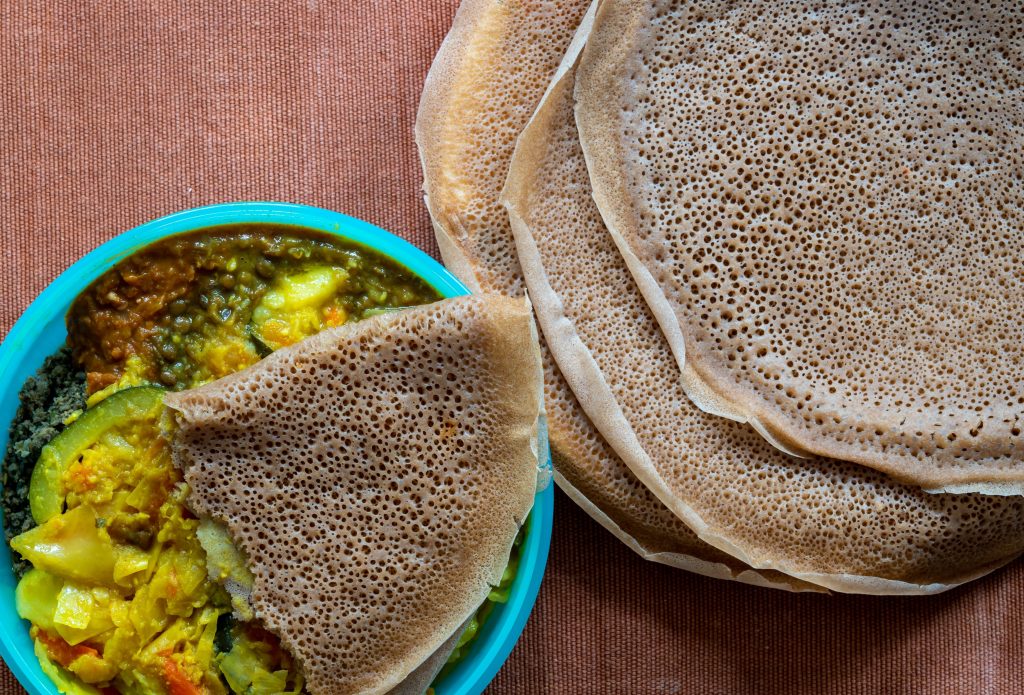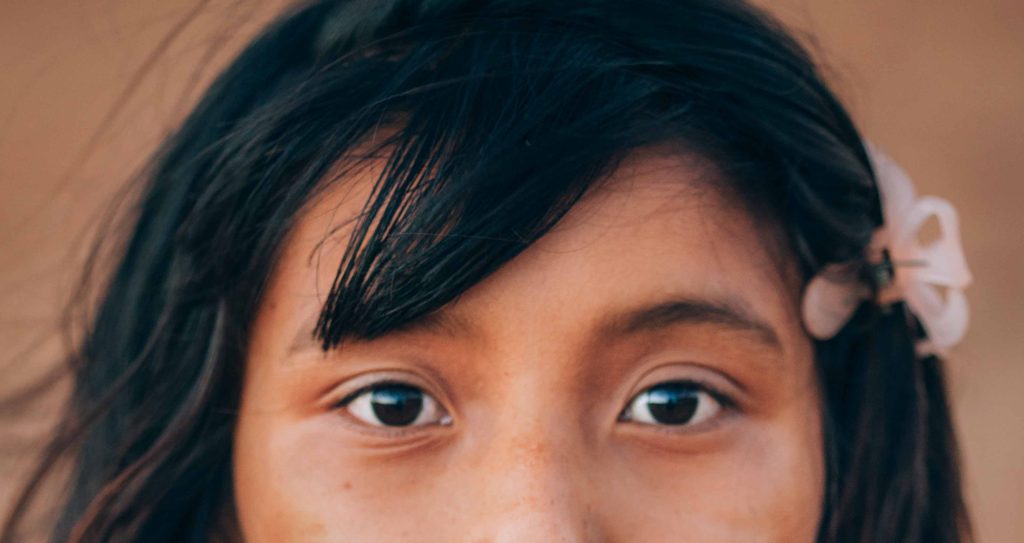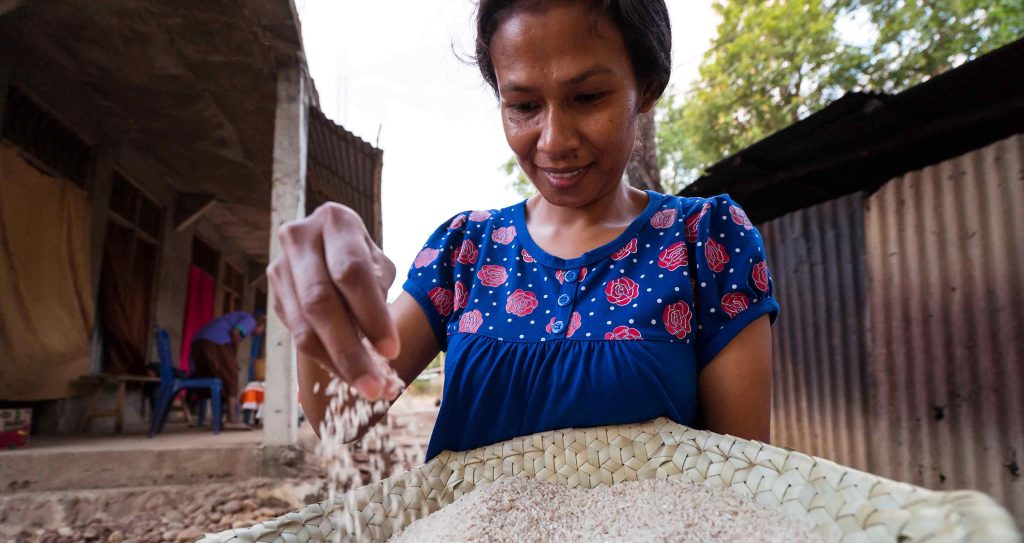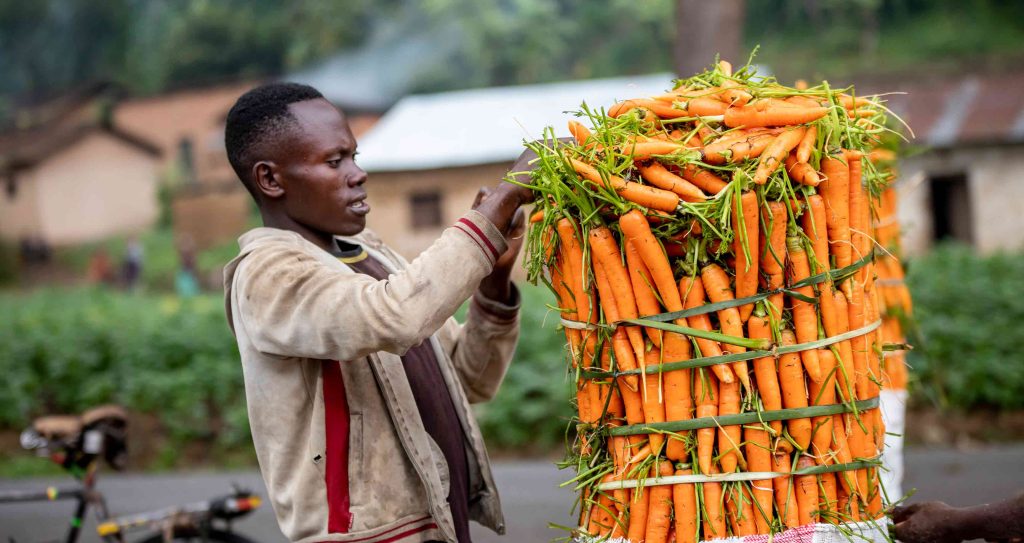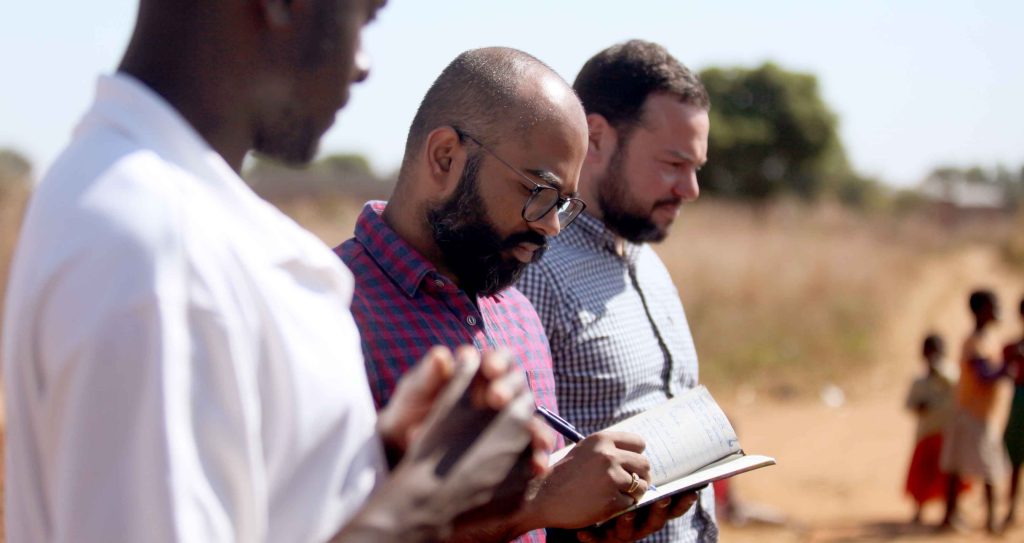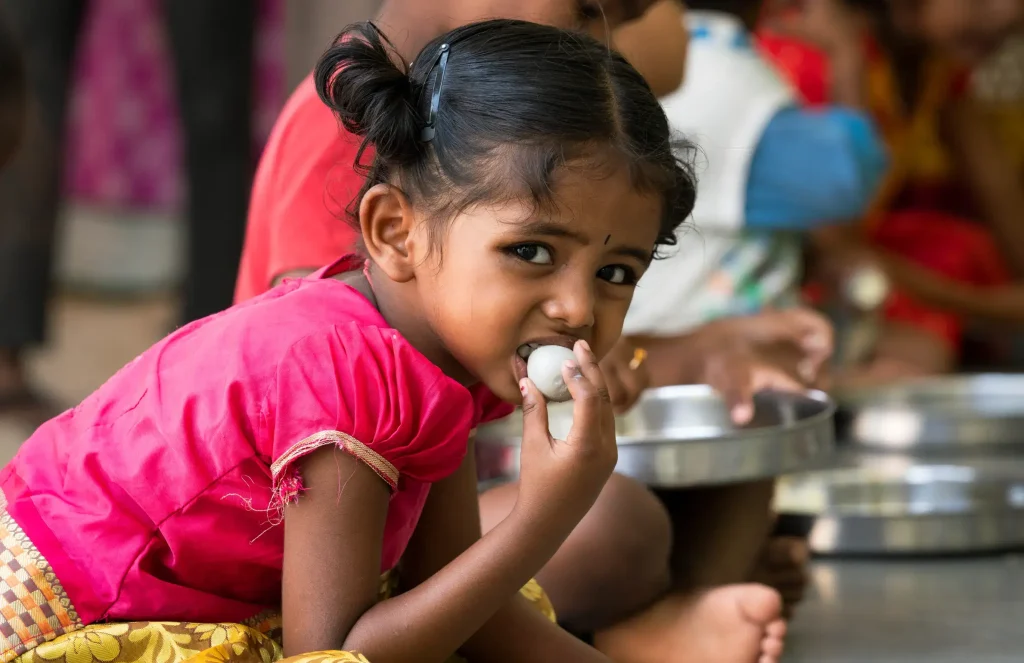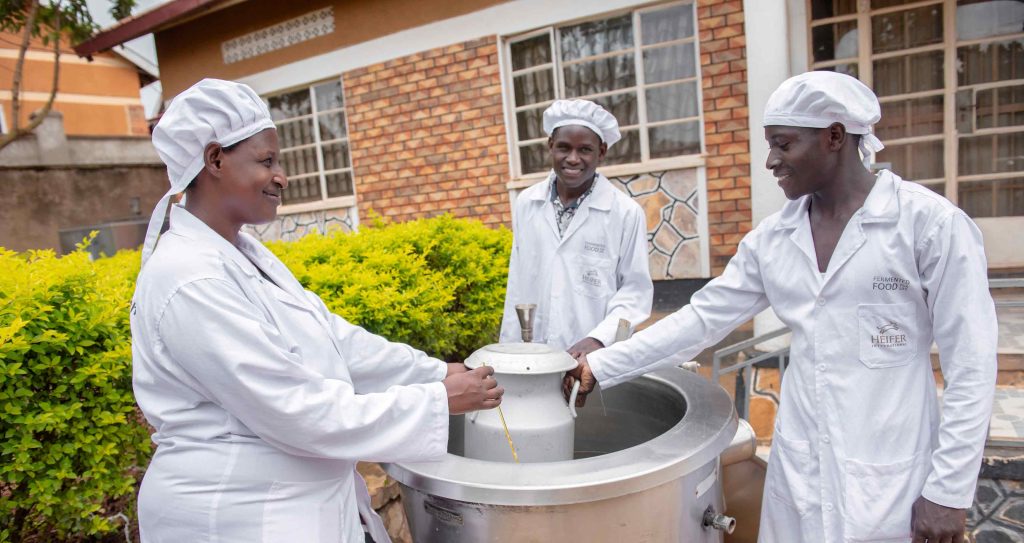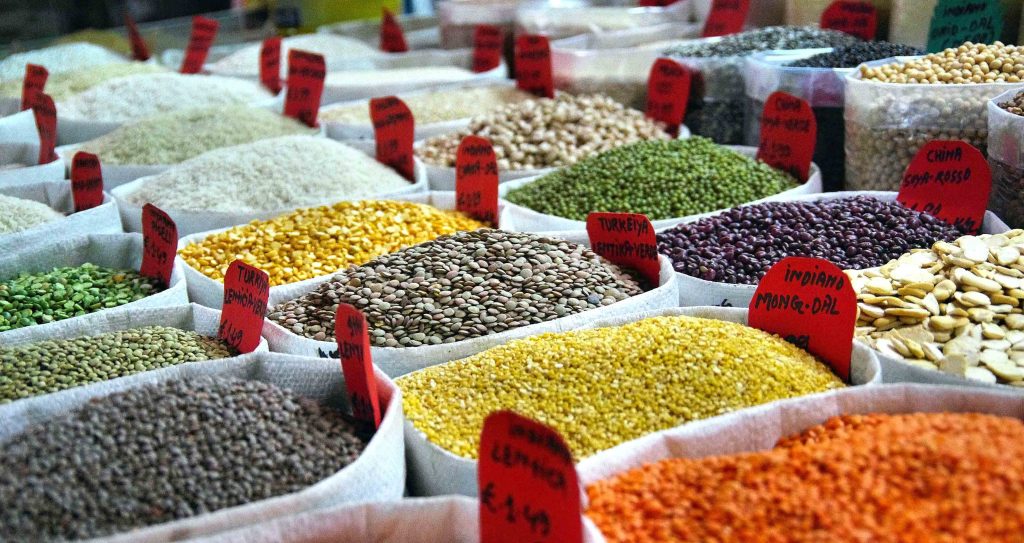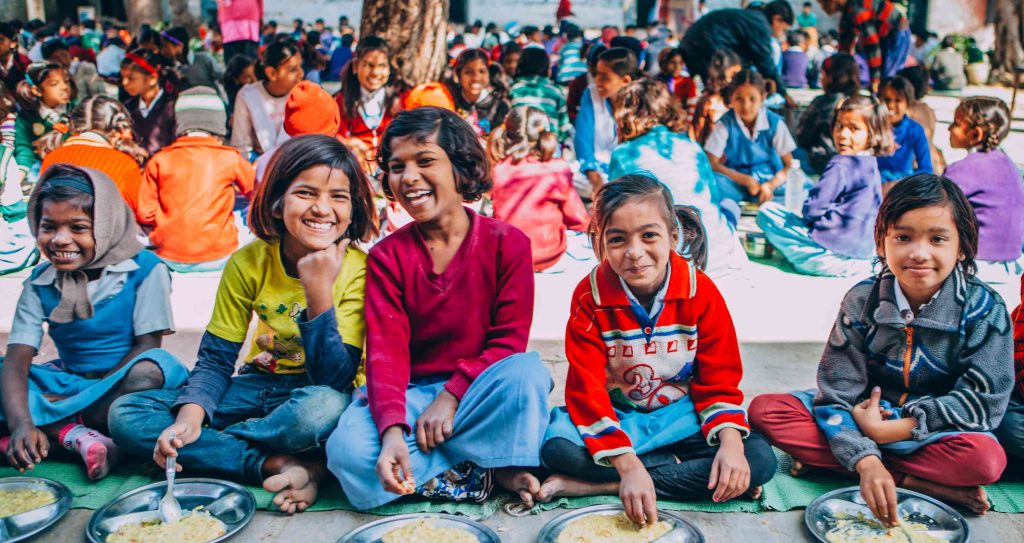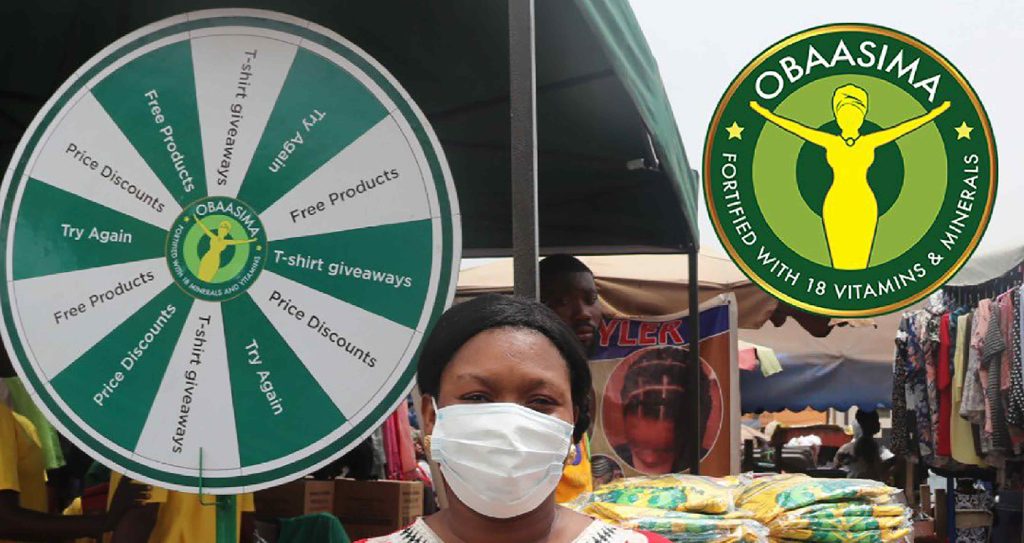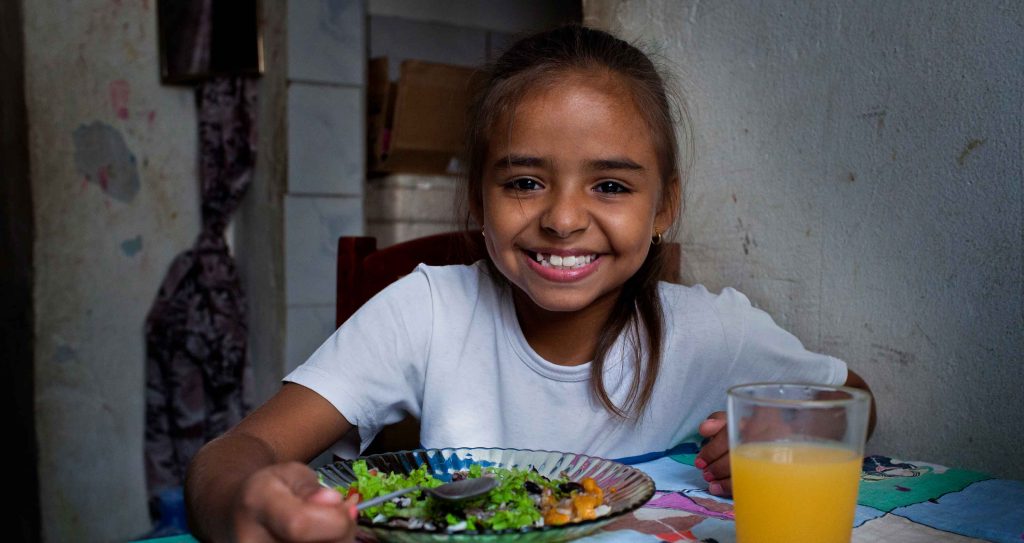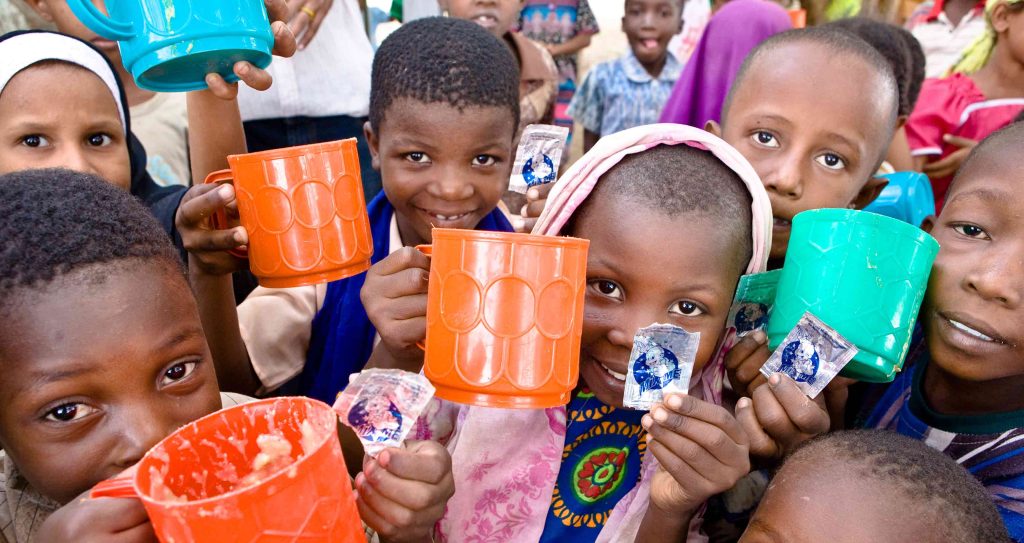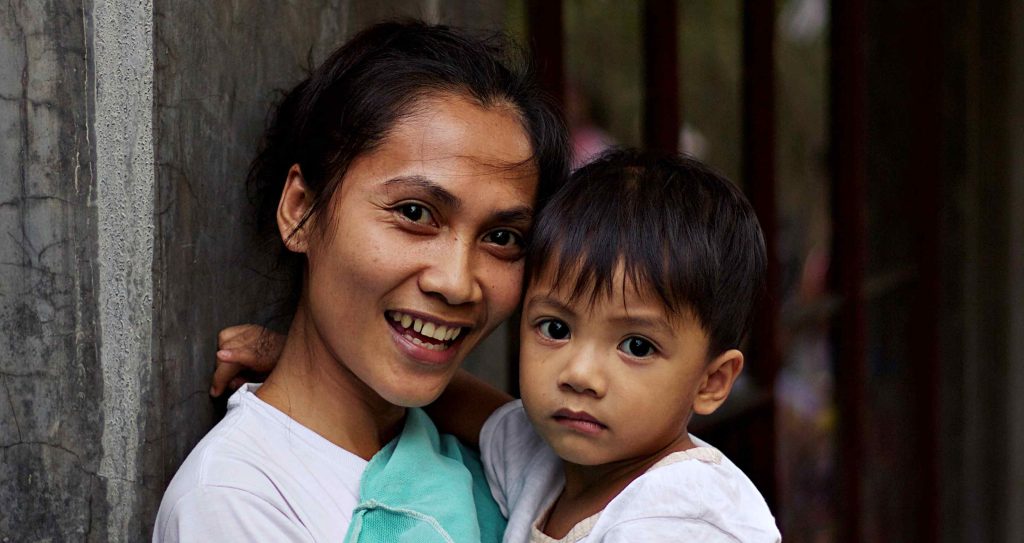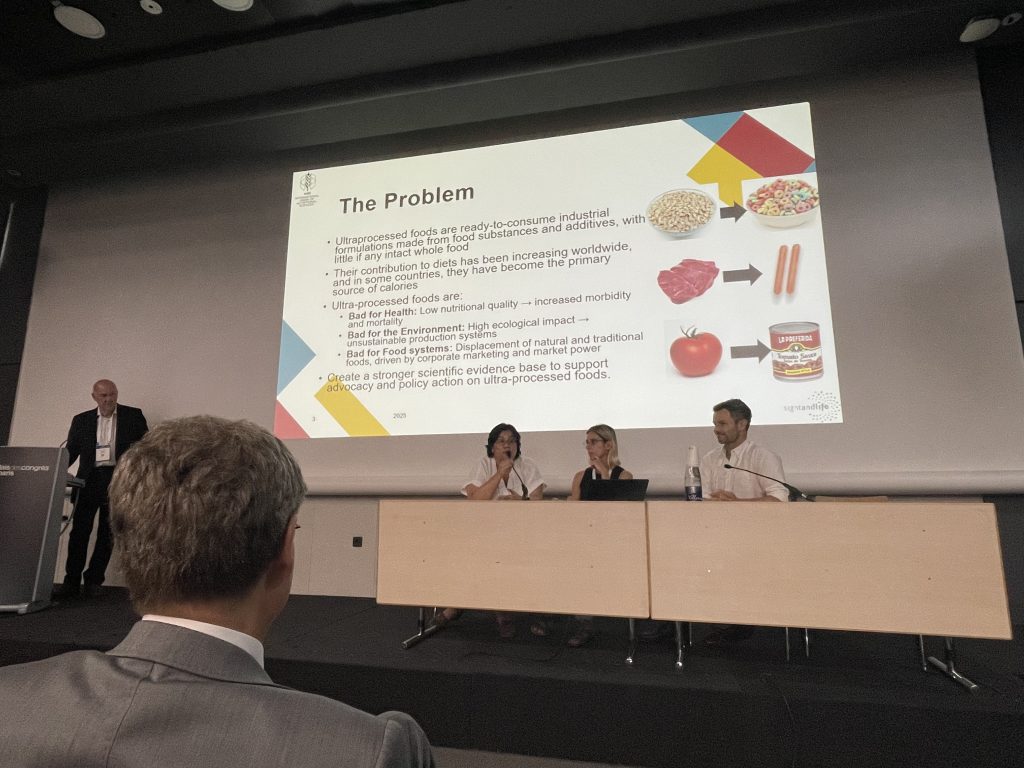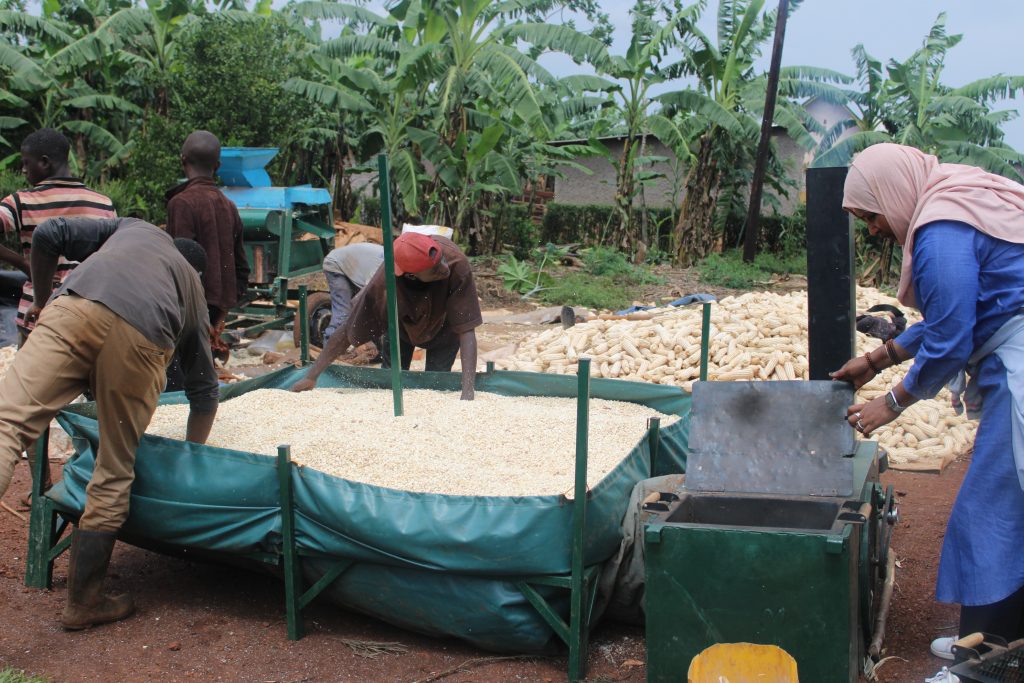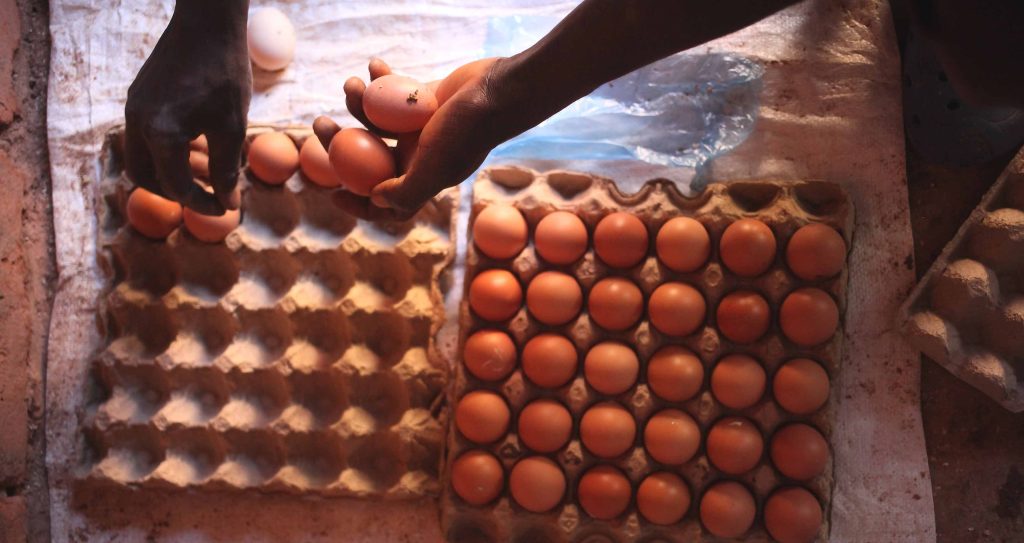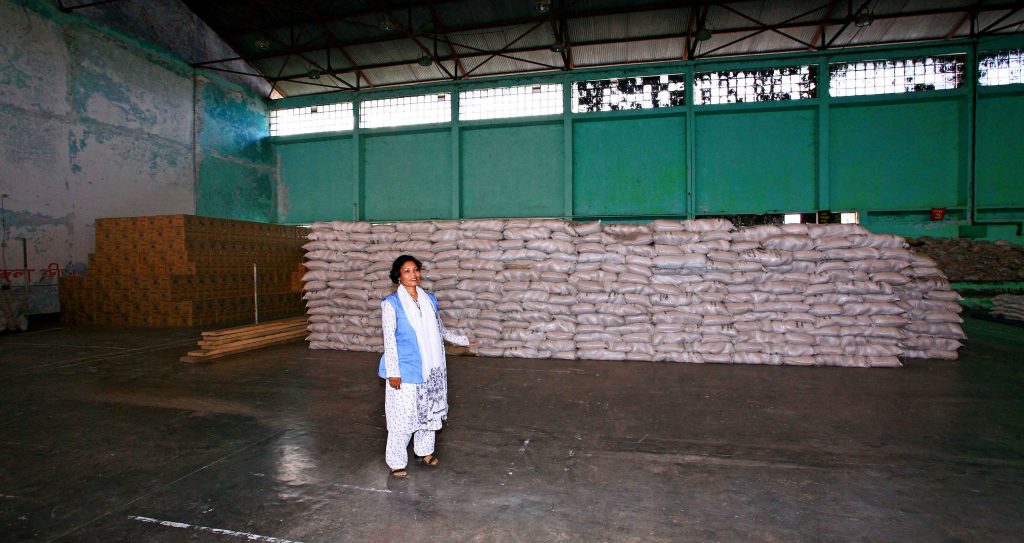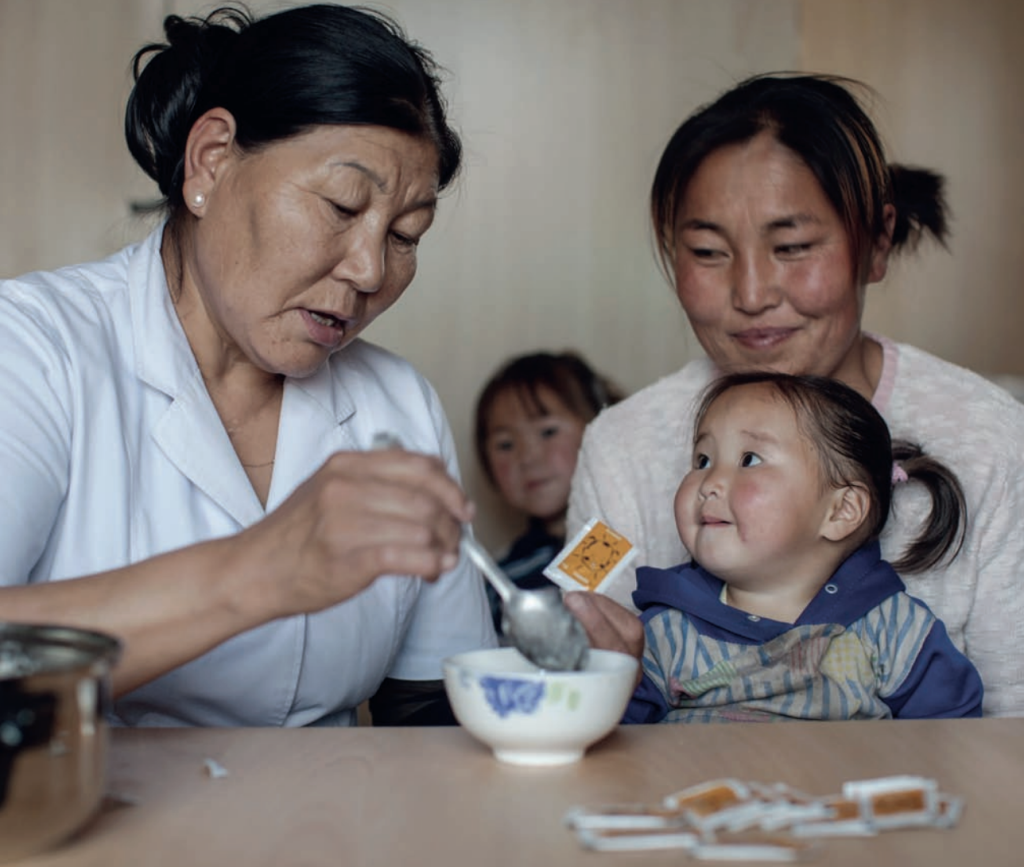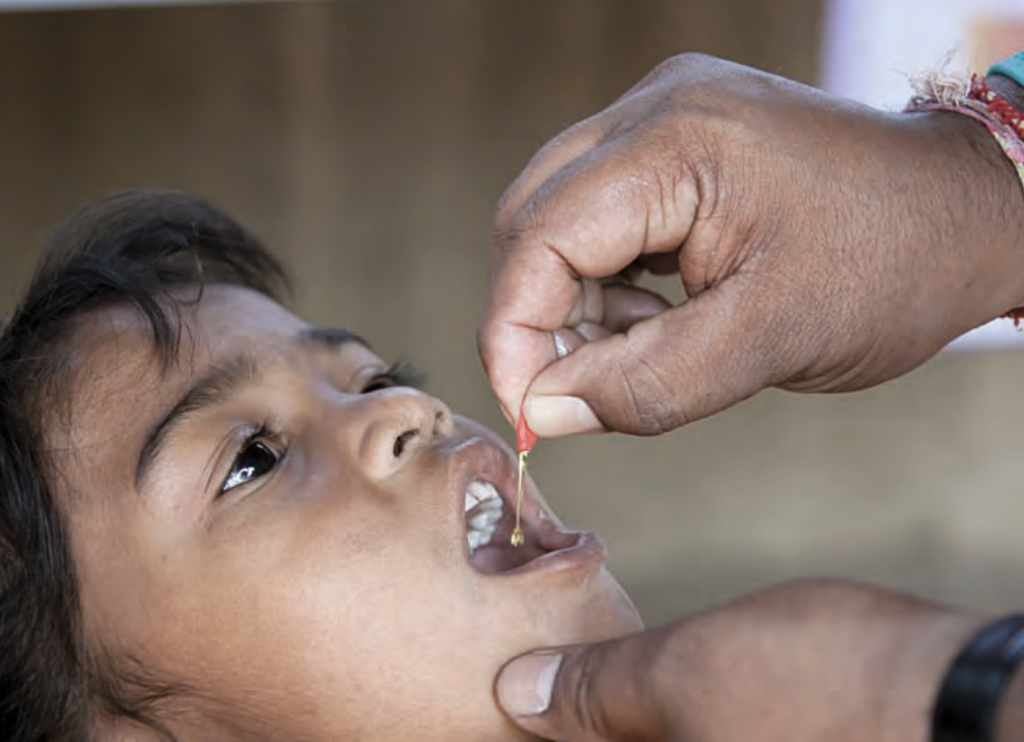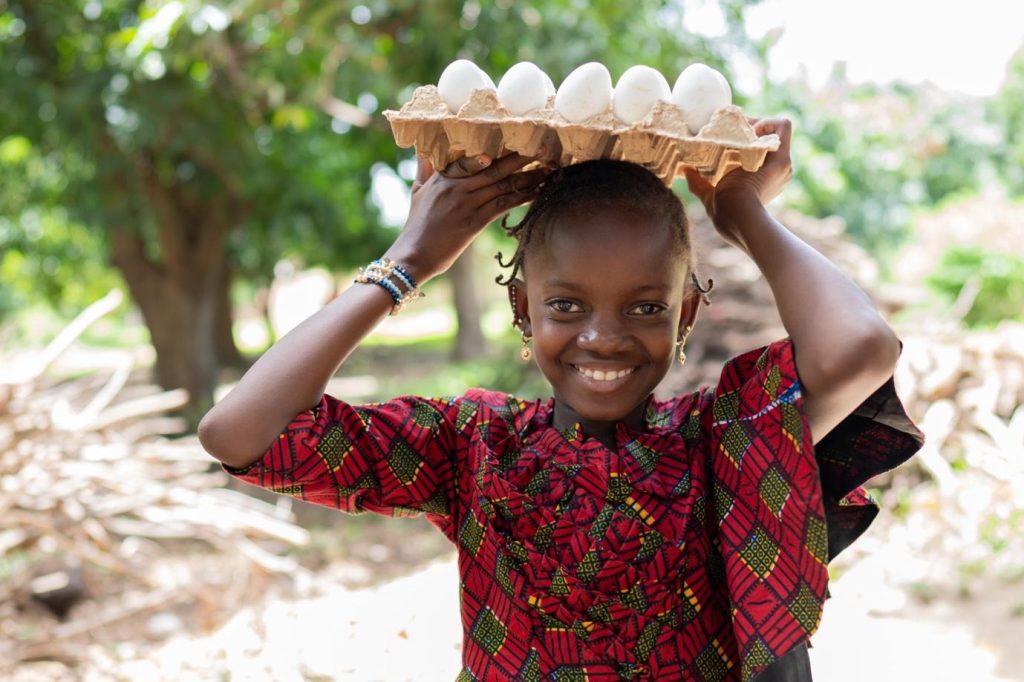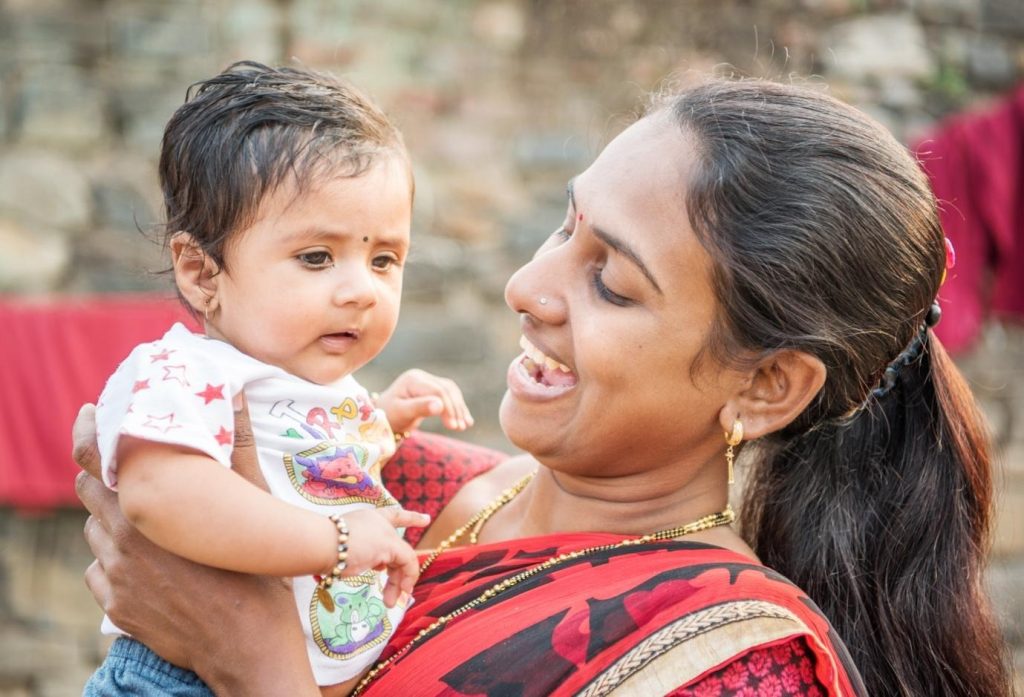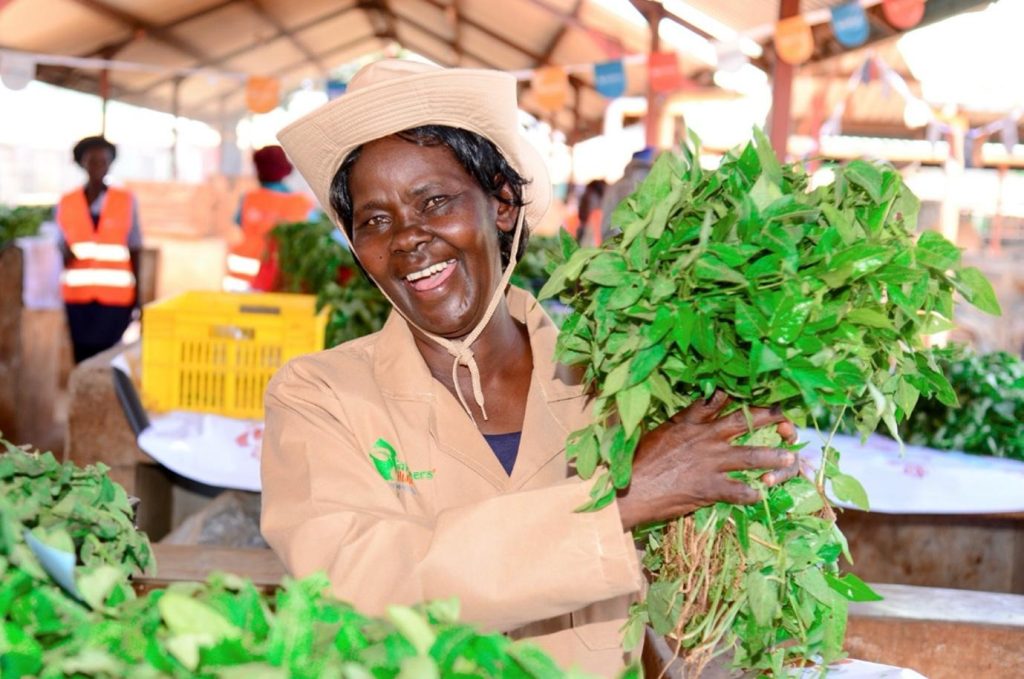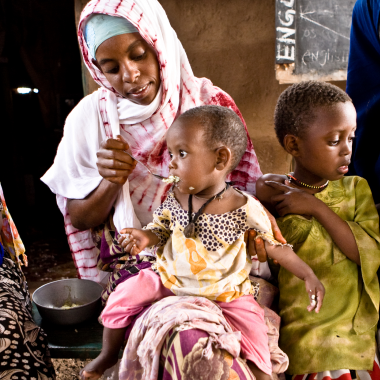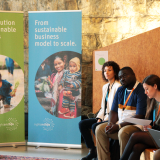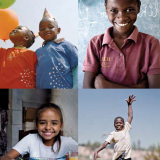Scaling up Multiple Micronutrient Supplements delivery
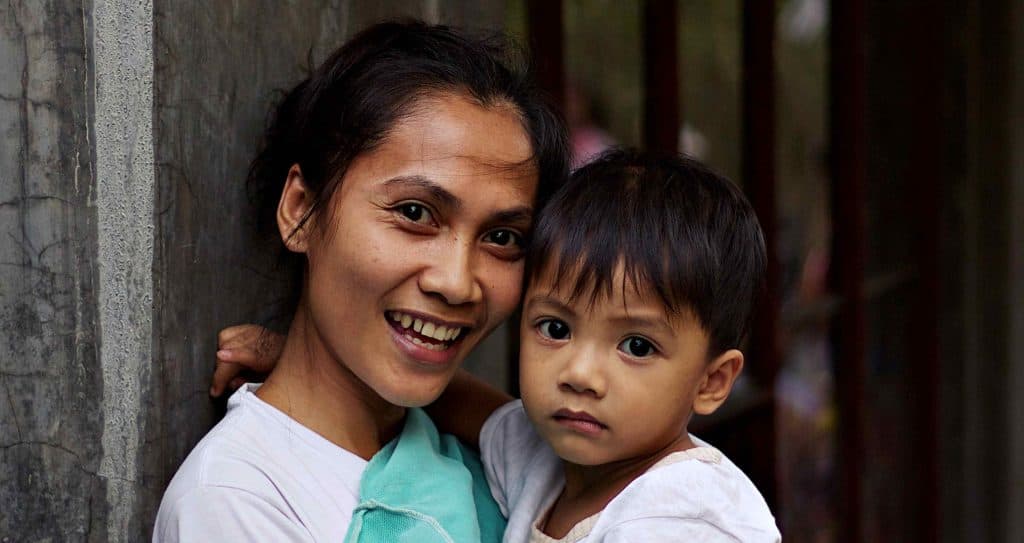
Goal: To scale-up Multiple Micronutrient Supplements (MMS) interventions for at-risk population groups to reduce nutritional deficiencies in pregnancy, which lead to decreased low birth weight and other adverse outcomes.
Micronutrient deficiencies are common among women in low-income and middle-income countries (LMICs), mainly due to inadequate dietary intake and limited diversity of fruits, vegetables, animal-source foods, and fortified foods. MMS can offset these deficiencies. Sight and Life is championing the scale-up of MMS interventions for at-risk population groups by translating science into practice and policy, shaping markets for sustainable demand and supply, and leading purpose-driven global advocacy.
We have partnered with Children’s Investment Fund Foundation (CIFF), Eleanor Crook Foundation (ECF), and DSM, to support the set-up of three regional MMS manufacturing hubs in Nigeria, South Africa, and Indonesia. Market-based models for MMS introduction will also be tested in these countries. Additionally, we are supporting GAIN and Social Marketing Company (SMC) with business analytics and consumer insights on the largest market-based MMS rollout in Bangladesh. With World Vision, we are supporting the design of a pilot and social marketing strategy for MMS pilot in remote areas of the Philippines.
In the past, we have partnered with UNICEF, CIFF, Kirk Humanitarian, Vitamin Angels, and Johns Hopkins, to assess supply readiness and demand creation for the introduction and scale-up of MMS in 10+ countries.
Additionally, we have partnered with the Healthy Mothers Healthy Babies (HMHB) consortium hosted by the Micronutrient Forum to create human interest stories and amplify women’s voices as change agents for replacing iron-folic acid with MMS.
We are translating science into policy and practice through active membership in the global MMS TAG, HMHB consortium’s steering committee, Bangladesh national TAG and Bangladesh JiVitA trials. Supported by Kirk Humanitarian and Family Larsson Rosenquist Foundation, we launched a Special Report on MMS highlighting evidence, country experiences & resources for scale-up in April 2020 and will soon be launching an updated edition.
Key details
1999 – UN/ WHO expert committee proposes MMS
2007 – SAL part of the largest MMS clinical trial
2015 – SAL supports WHO consultation with guidance on MMS supply
2017 – Global Task Force formed
2020 – SAL supports CIFF on the first MMS market-based model in Bangladesh
2021 – MMS on WHO Essential Medicines List
2022 – SAL supports UNICEF in designing market-based model for Ethiopia
2022 – UNICEF launched MMS formative research guide developed in collaboration with SAL
Discover more
Why tackle malnutrition
Understand how malnutrition affects our collective future
Global footprint
Discover our key projects across the world
Our strategy
Learn about our 3-stage plan to deliver direct impact on the ground
Our impact
Learn about the impact we have made on the ground so far all these chnages are in discover more section
